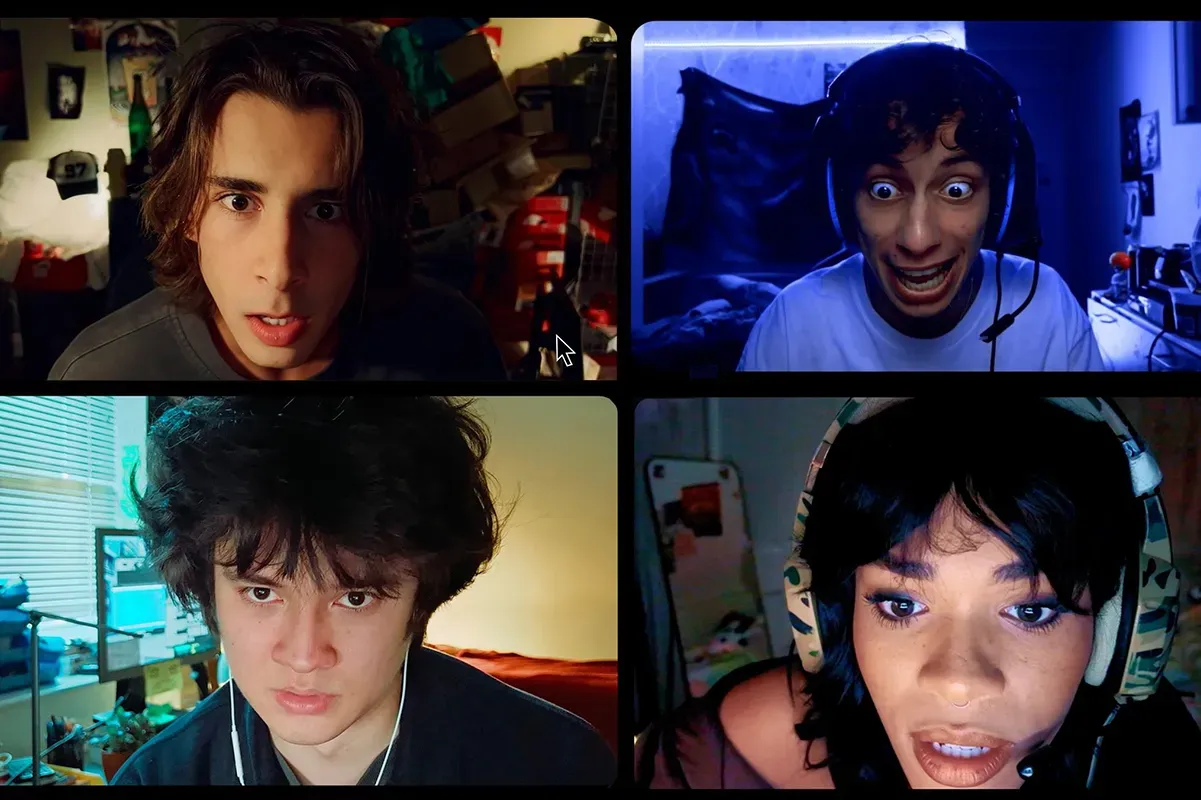LifeHack
If Unfriended: Dark Web is Screenlife showing the Internet at its worst, LifeHack, while not unafraid of that darkness, is much more optimistic about its potential.

The world has changed a lot since The Collingswood Story pioneered Screenlife storytelling in 2002. Nickelback had the top single that year, mid-budget films still penetrated the top of the box office, and George Bush was president. Tate McRae wouldn’t be born for another year, and George R.R. Martin was still working on the fourth book in A Song of Ice and Fire. The biggest change between 2002 and now, however, is the omnipresence of the screen. Technological interfaces and electronic devices grip our world so tightly that one can no longer order McDonald’s without touching a massive and greasy screen. Filmmakers in 2002 and well after were all digital immigrants, people who spent a significant portion of their lives without the ubiquity of digital screens, and they still make up the majority of established filmmakers. LifeHack, the newest Screenlife venture from maverick producer Timur Bekmambetov and Bazelevs Entertainment, looks a bit different from most of the Screenlife films that precede it, and 29-year-old first-generation digital native director Ronan Corrigan likely has something to do with that.
The most well-known and noteworthy Screenlife titles — The Collingswood Story, Unfriended, Searching, Profile, Host — exploit the screen for a unique assortment of fears. Unfriended: Dark Web ventures into the darkest corners of the Internet and encapsulates the best of the format’s ability to harness digital incel-y consternation. Even the sci-fi Resurrected ends up on the more fanatical and dystopian side of things; indeed, the most notable Screenlife titles share a general apprehensive awe of the horrors of the web. They are thrillers and horror flicks with a technological pessimism at heart. (An irony considering how innovative these films use technology to tell their stories.) LifeHack, though still hanging around in the thriller-adjacent genre of heists, emphasizes a different and more personal side to the omnipresence of screens: they can also create community.
Continue reading at In Review Online.